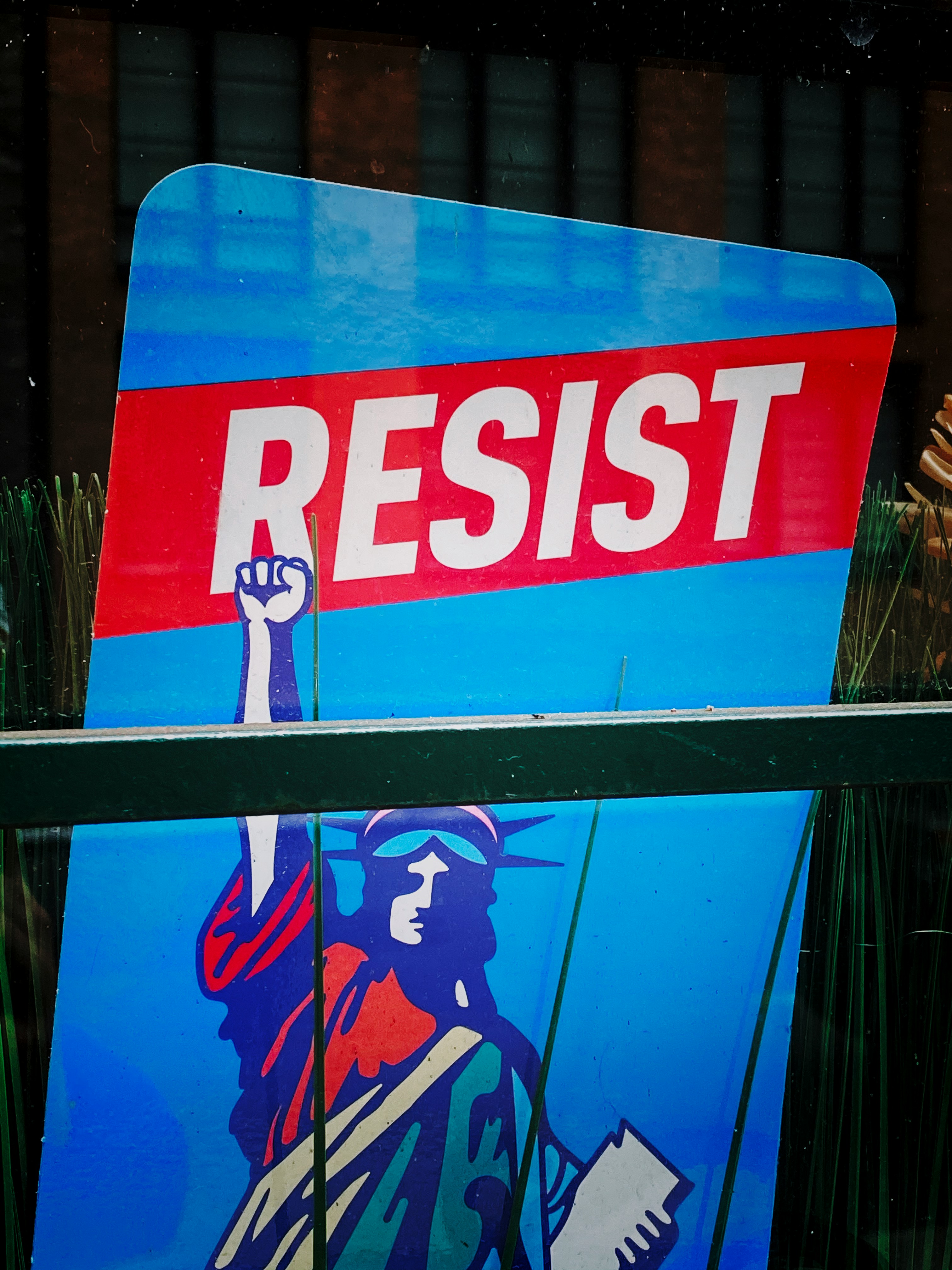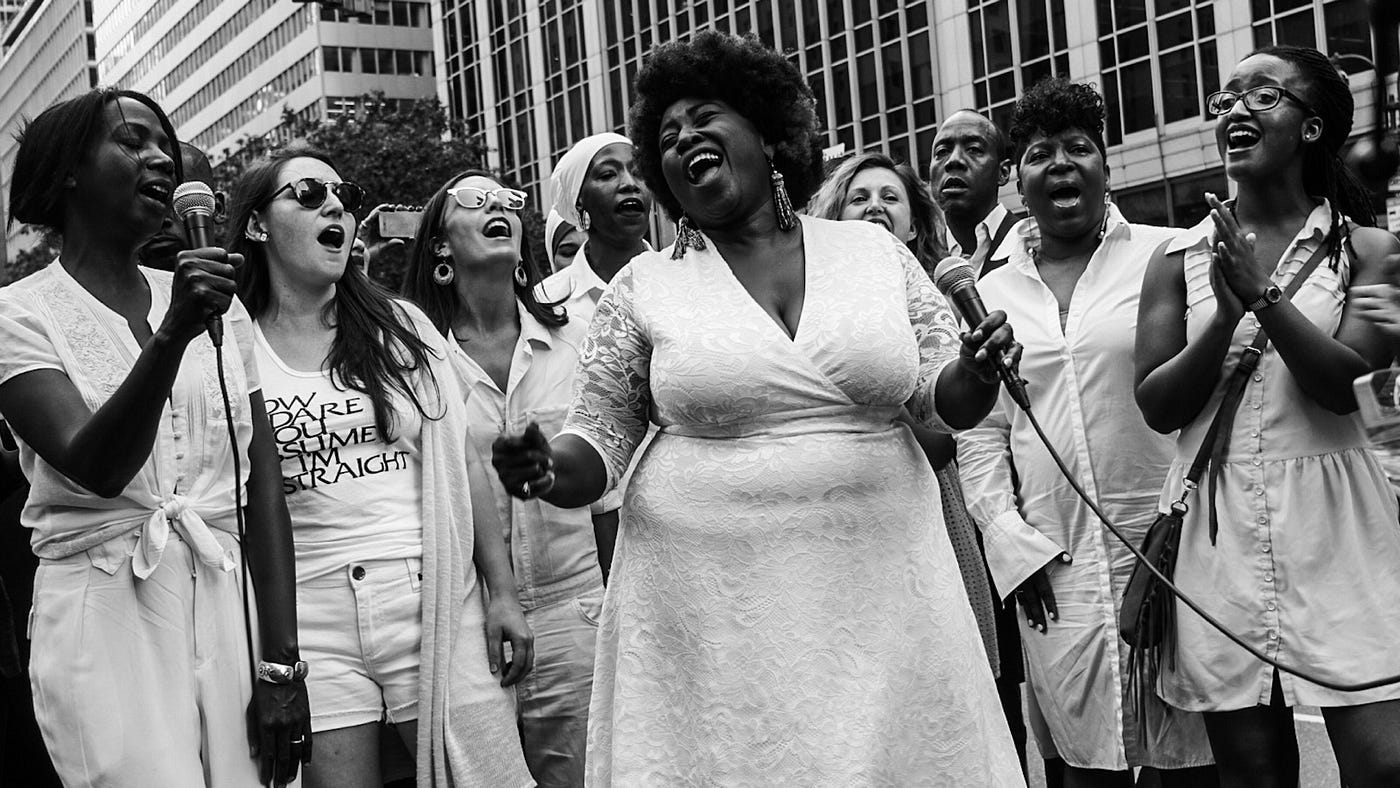General
Faith leaders have an important role in fighting hate speech
The views and beliefs expressed in this post and all Interfaith Alliance blogs are those held by the author of each respective piece. To learn more about the organizational views, policies and positions of Interfaith Alliance on any issues, please contact [email protected].
Recently, the Sure Foundation Baptist Church (SFBC) in Indianapolis held a sermon in which the preacher called for the government to institute the death penalty for the LGBTQ+ community. Despite heavy criticism from the Indianapolis community for its hateful remark, the church has refused to back down, instead celebrating the exposure that the incident has brought.
Incidents like this continue to raise concerns about balancing Americans’ First Amendment right to freedom of speech and the need to protect minority communities from hate speech. According to a survey by the Cato Institute, 79% of Americans believe that hate speech is unacceptable but only 40% believe that the government should prevent it. Furthermore, 82% of Americans say hate speech is difficult to regulate because it has no standardized definition. When it comes to the LGBTQ+ community, 56% of Americans believe that calling gays and lesbians slurs is hate speech, while 39% believe that it is offensive but not hateful. Only 28% believe that calling homosexuality a sin is hate speech.
Even the courts have struggled to define hate speech. There is no legal definition of hate speech in U.S. law, but broadly speaking, hate speech is protected by the First Amendment unless it expresses serious intent to commit violence against a specific individual or incites others to imminent unlawful action. For that reason, statements such as those made by the SFBC, which are inflammatory but do not indicate intent to commit violence, are usually protected under the law.
However, that doesn’t mean that communities can’t do anything to protect targeted groups. In response to the hateful sermon, the Concerned Clergy of Indianapolis (CCI), a fellowship of pastors and other concerned citizens advocating against injustice, racism, ageism, classism and sexism from a faith-based perspective, released a statement condemning the SFBC’s words. By stating that the church is “called to be a sanctuary for the marginalized, not a platform for prejudice,” CCI demonstrated their support for the LGBTQ+ community and their commitment to fight for “dignity, inclusion, and justice for all people.”
The actions of the CCI demonstrate the vital role that faith leaders can play in standing up for LGBTQ+ communities. When faith groups refuse to turn their back on the LGBTQ+ community, they also prevent the weaponization of religion to pursue hate. Instead, they advocate for a more inclusive vision of America where religious individuals, LGBTQ+ individuals, and those who are both can fight for a future built on dignity, mutual respect, and equality.
Transcript

Announcing the 2025-2026 Interfaith Leadership Network Fellows
Interfaith Alliance is proud to announce the 2025–2026 cohort of the Interfaith Leadership Network, an extraordinary group of clergy, pro-democracy advocates, and community leaders advancing civil rights, inclusive religious freedom, and democracy in communities across the country. Through practical support, funding, and a powerful peer network, these fellows will mobilize interfaith collaboration to confront urgent local challenges and strengthen a pluralistic democracy.

One Year of The Trump Administration’s Attacks on Faith Communities and Abuse of Religion
Over its first year, the Trump administration has weaponized religion to advance a white Christian nationalist agenda, attacking faith leaders, houses of worship, immigrants, and religious minorities while undermining core principles of religious freedom. Even as federal power has been used to intimidate and exclude, faith communities across traditions have mobilized to defend democracy, pluralism, and the right of all people to practice their beliefs.

